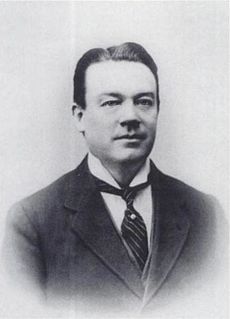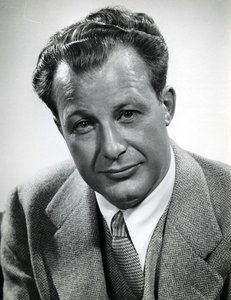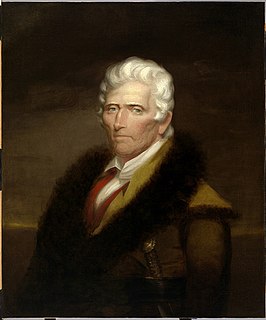A Quote by John Wesley Powell
The integers of language are sentences, and their organs are the parts of speech. Linguistic organization, then, consists in the differentiation of the parts of speech and the integration of the sentence.
Related Quotes
If a university official's letter accusing a speaker of having a proclivity to commit speech crimes before she's given the speech - which then leads to Facebook postings demanding that Ann Coulter be hurt, a massive riot and a police-ordered cancellation of the speech - is not hate speech, then there is no such thing as hate speech.
If you think of the product as a service, then the separate parts make no sense - the point of a product is to offer great experiences to its owner, which means that it offers a service. And that experience, that service, comprises the totality of its parts: The whole is indeed made up of all of the parts. The real value of a product consists of far more than the product's components.








































